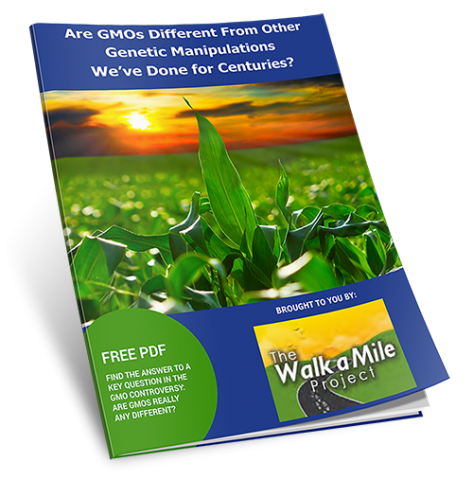Soy Allergies, Chicken and Eggs — What’s Really the Allergen?
Do you suffer from soy allergies? Can you name the top eight foods that account for 90% of all food reactions? According to foodallergy.org they are: milk, eggs, peanuts, tree nuts, soy, wheat, fish and shellfish. Soybean allergy is one of the more common food allergies, and a growing number of people are now trying to avoid soy.
What most people do not realize, however, is that due to the predominance of soy in animal feeds, soy protein is probably in your food even if it is not listed as an ingredient anywhere. Very little testing has been done to determine if the soy protein from the animal feed is passed into the end products we consume. Most laboratories do not even have tests available to test for this.

Should Chickens Eat Soy? Original Photo: https://commons.wikimedia.org/wiki/File:Chickens_eating.jpg
Soy feed is common because it’s so cheap. In fact, under current US agriculture policy, the government provides substantial subsidies to farmers who produce grains, particularly corn and soybeans. This makes it tempting for farmers to use soy in their feed; yet, some farmers decisively avoid growing the crop.
“Wait, wait, wait….don’t we want cheap food?” asks Brenda, a farmer who raises chickens. “Nope. Not any more than I want another flimsy keychain that was made in China. When the products that go into our food are driven by money, there’s always a conflict of interest involved. The desire to make cheap food (and higher profits) is what brought us high fructose corn syrup-laden foods. It’s not about what’s better, nutritionally–it’s about money, and that’s it. Soy isn’t a nutritionally better food for chickens, it’s just cheap. It’s a byproduct of the vegetable oil industry, and it would be garbage if it weren’t for the fact that they’re turning it into animal feed.”
And if you think when a chicken eats soy, that the soy doesn’t enter your body if you later eat the chicken, well… not so fast.
Professor M. Monica Giusti, a poultry biologist of Ohio State University, is one of the few people who has done research on soy isoflavones appearing in commercial egg yolks. The author of the study has a pro-soy view of soy protein, so the study was designed to encourage more soy protein to be transferred to egg yolks and poultry tissue.
What did the study determine?
The results of this study have shown that isoflavones are present in the egg yolks and tissues of laying hens when the hen is subjected to a regular 25% soybean meal feed or an isoflavones enhanced feed.
If you think you might be allergic to eggs, it might just be that you’re allergic to soy protein, which is present in nearly all commercial eggs, potentially including organic varieties as well. Although, if you’re really just allergic to GMO soy protein (and if so, please tell The Walk a Mile Project about that HERE to help us make the GMO Controversy Documentary), organic eggs may not cause any reaction whatsoever.
Also, I’d suggest listening to the 2nd half of GMO TRUTH Podcast #8 for more on GMO soy health concerns.
To read more about the study, see the Health Impact News article here:
http://healthimpactnews.com/2011/soy-protein-present-in-all-egg-yolks-and-chicken-tissues/
Or view the actual study itself right here:
https://etd.ohiolink.edu/!etd.send_file?accession=osu1236706764&disposition=inline
And to read more about farmer Brenda, visit:
http://www.wellfedhomestead.com/should-chickens-eat-soy



